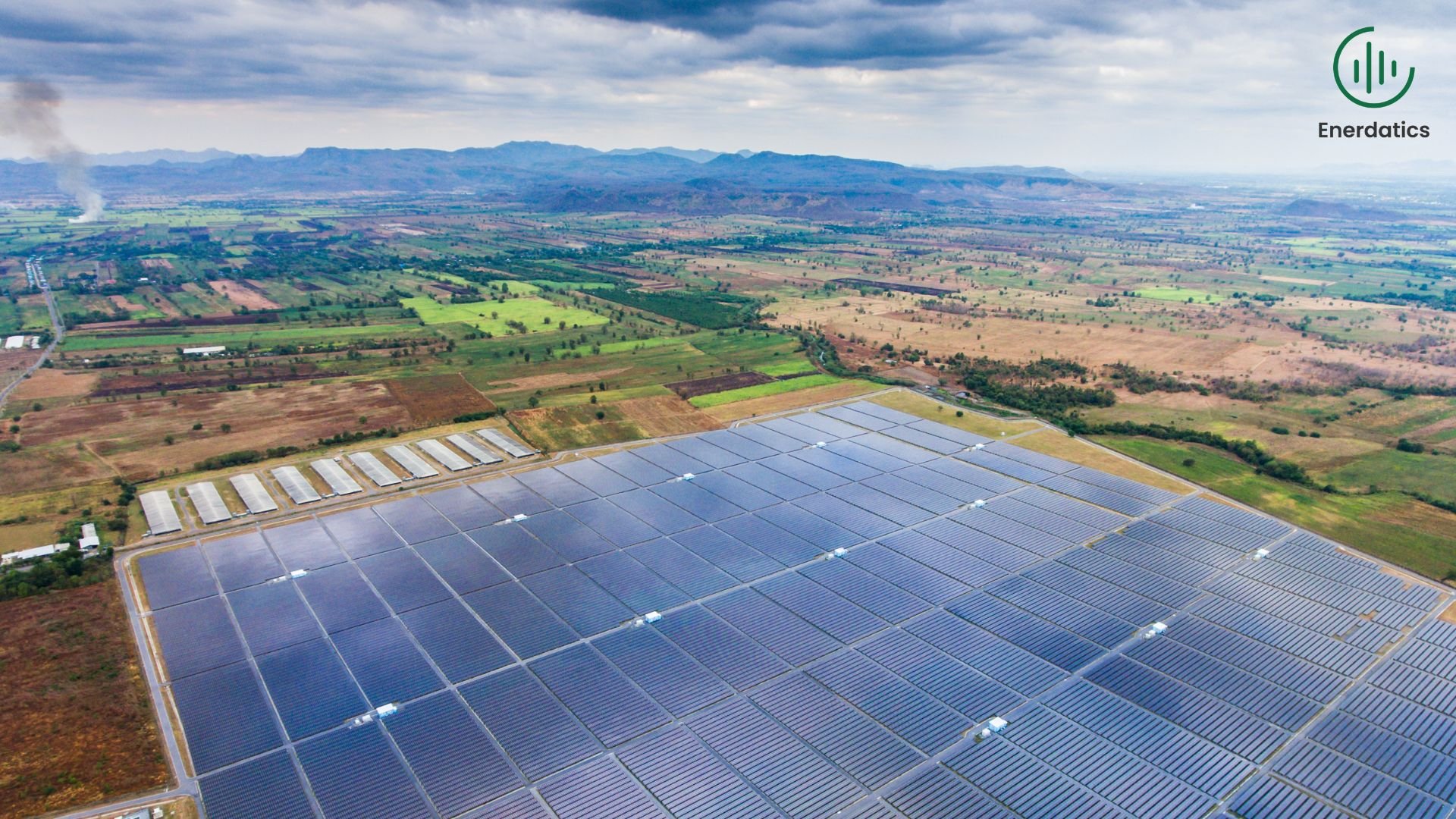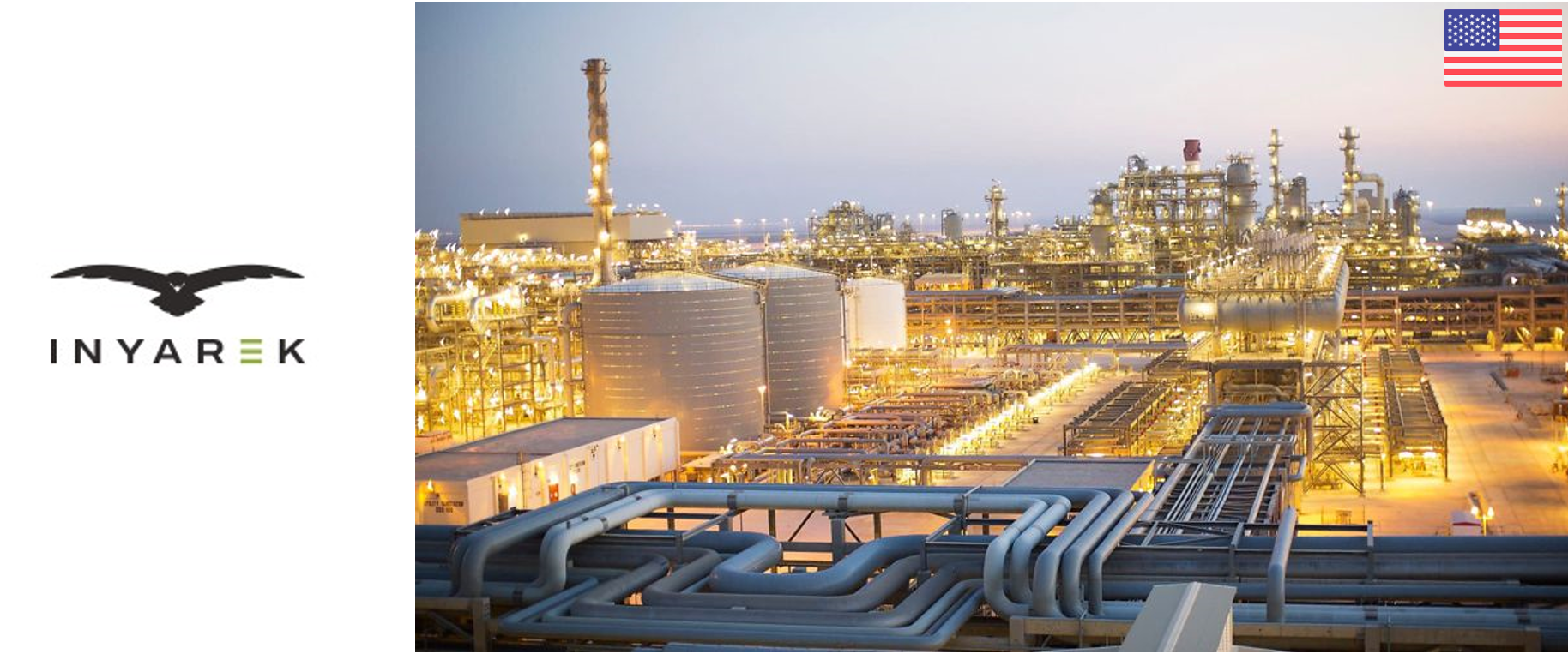Introduction
The solar energy sector has experienced remarkable growth in recent years, driven by increasing environmental awareness, declining costs, and supportive government policies. This expansion has created a conducive environment for mergers and acquisitions (M&A) in the solar energy industry. In this article, we will explore the opportunities and advantages of solar energy M&A, highlighting the potential benefits for companies looking to expand their presence, optimize operations, and accelerate the transition to clean energy.
-y65ot.jpg)
The Growing Solar Energy Market
The solar energy market has witnessed significant growth due to several factors. Increasing concerns about climate change, the need for energy diversification, and the desire to reduce dependence on fossil fuels have driven the demand for clean and renewable energy sources. Solar power, in particular, has gained traction due to its abundant availability, technological advancements, and falling costs.
What is Solar Energy M&A?
Solar energy M&A refers to the consolidation of companies operating in the solar energy sector through mergers, acquisitions, or strategic partnerships. These transactions involve the transfer of ownership, assets, or operational control of solar energy companies with the aim of achieving various strategic objectives.
Opportunities in Solar Energy M&A
Solar energy M&A presents numerous opportunities for companies operating in the sector:
-- Market Consolidation and Expansion
M&A activities allow companies to consolidate their market position and expand their geographical reach. By acquiring or merging with other solar energy companies, organizations can gain access to new markets, customer bases, and distribution channels. This expansion enables companies to capture a larger market share and drive economies of scale.
-- Technology and Innovation
M&A transactions provide opportunities for companies to acquire innovative technologies and intellectual property rights. Access to advanced solar energy technologies can enhance the competitiveness of companies in the market, improve energy conversion efficiency, and drive down costs. Strategic partnerships can also foster collaborative research and development efforts, leading to technological advancements in the sector.
-- Portfolio Diversification
Solar energy M&A allows companies to diversify their portfolios and expand their range of products and services. By integrating complementary business lines such as energy storage, electric vehicle charging infrastructure, or smart grid solutions, companies can offer integrated clean energy solutions to their customers. This diversification reduces reliance on a single segment of the solar energy market and strengthens overall business resilience.
Advantages of Solar Energy M&A
Solar energy M&A offers several advantages to companies operating in the sector:
-- Operational Efficiency and Cost Optimization
M&A transactions provide opportunities for streamlining operations, eliminating redundancies, and achieving cost synergies. Consolidation of manufacturing facilities, procurement optimization, and shared research and development efforts can result in cost savings and increased operational efficiency. This efficiency gains a competitive edge in a market where cost competitiveness is crucial.
-- Access to Capital and Resources
M&A transactions can provide access to additional capital, resources, and expertise. Acquiring companies with strong financial backing or strategic investors can fuel the expansion of solar energy projects and accelerate growth plans. Access to additional resources and expertise can also support research and development initiatives, enhancing innovation and technological advancements.
-- Risk Mitigation
Diversification through M&A can help mitigate certain risks associated with the solar energy market. By entering new markets or expanding product portfolios, companies reduce their exposure to fluctuations in specific segments or geographic regions. Diversification provides a more balanced risk profile and enhances long-term stability.
Key Considerations in Solar Energy M&A
Several key factors need to be considered when engaging in solar energy M&A:
-- Regulatory and Policy Landscape
The solar energy industry operates in a regulatory and policy-driven environment. Understanding the regulatory frameworks, incentives, and subsidies in different markets is essential for assessing the potential risks and opportunities of M&A transactions. Changes in government policies or regulations can significantly impact the profitability and viability of solar energy projects.
-- Due Diligence and Financial Assessment
Thorough due diligence and financial assessment are crucial in evaluating the viability of M&A opportunities. Assessing the financial health, operational performance, and potential risks of target companies are vital for making informed decisions. Additionally, evaluating the compatibility of corporate cultures, management teams, and organizational structures is important for successful integration.
-- Technology Compatibility and Integration
Assessing the compatibility and integration of technologies is critical in solar energy M&A. Evaluating the compatibility of equipment, software systems, and operational processes is necessary to ensure seamless integration and maximize the synergies between merging entities. Identifying potential challenges and developing integration plans are essential for minimizing disruptions and realizing the full potential of M&A transactions.
Case Studies of Successful Solar Energy M&A
Several successful solar energy M&A transactions have shaped the industry:
-- Tesla's Acquisition of SolarCity
In 2016, Tesla acquired SolarCity, a leading provider of solar energy systems and services. This integration allowed Tesla to offer integrated clean energy solutions, combining solar energy generation with energy storage through Tesla's Powerwall batteries. The acquisition positioned Tesla as a vertically integrated clean energy company, enhancing its competitiveness in the market.
-- Total's Acquisition of SunPower
Total, a global energy company, acquired a majority stake in SunPower, a solar panel manufacturer. This acquisition allowed Total to strengthen its position in the solar energy market and expand its renewable energy portfolio. The partnership between Total and SunPower has resulted in synergies in technology development, project financing, and global market expansion.
Future Outlook for Solar Energy M&A
The outlook for solar energy M&A remains positive as the industry continues to grow and evolve. The transition to clean energy sources is accelerating globally, creating opportunities for consolidation and strategic partnerships. With increasing investor interest, technological advancements, and favorable policy frameworks, solar energy M&A is expected to drive further market expansion and facilitate the transition to a low-carbon economy.
Conclusion
Solar energy M&A provides companies in the sector with opportunities for market consolidation, expansion, and technological innovation. The advantages of M&A include operational efficiency, access to capital and resources, and risk mitigation. However, careful consideration of regulatory landscapes, due diligence, and technology integration is necessary for successful transactions. As the solar energy market continues to grow, M&A will play a significant role in shaping the industry's future and accelerating the global transition to clean and sustainable energy sources.


